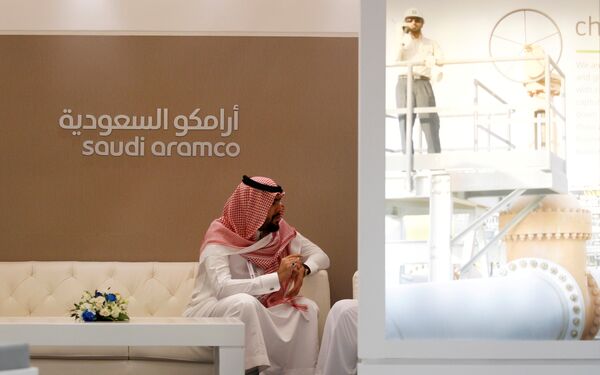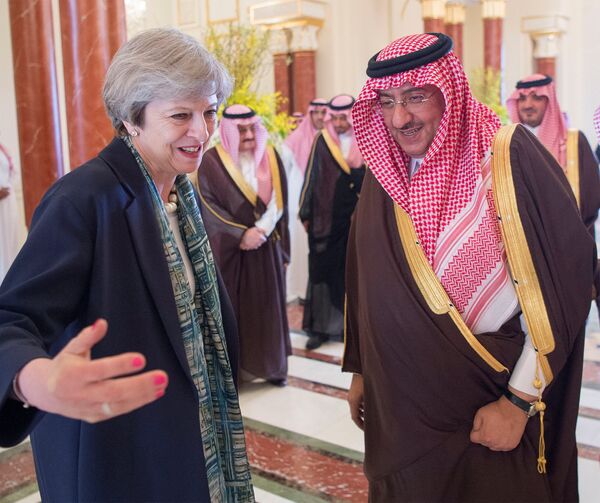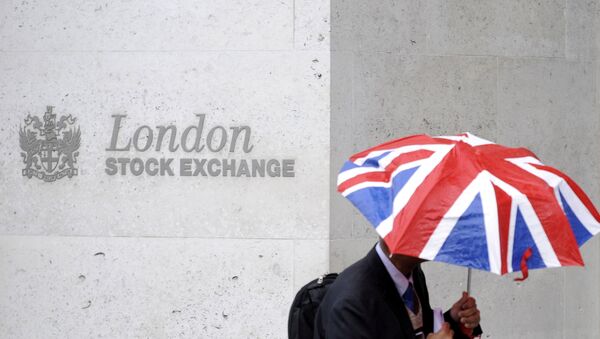The LSX, the UK's largest and the world's third largest, intends to create a structure that would allow Aramco to reap all the benefits of a primary listing without being subject to the corporate governance and reporting obligations typically required. In essence, in the exchange's desperation to host Aramco, chiefs are willing to allow the "famously secretive" company to remain obfuscatory.
“The Aramco listing will be determined by demand for
— SAPRAC (@SapracOrg) May 2, 2017
Aramco stock, and investments inside and outside #SaudiArabia" — DCP #MohammedBinSalman pic.twitter.com/hDnZKewPi8
Normally, to enjoy primary listing status, an energy firm would be compelled to disclose accurate calculations of its oil reserves, and subject these figures to external review. Such conditions have long been seen as a stumbling block to the company ever "going public" — the Kingdom's oil reserves are a closely guarded secret, and the government's official reserve estimates have remained unchanged for decades.
Moreover, a premium listing usually means a company must offer up at least a quarter of its shares for trade on the exchange, but Aramco has expressed reluctance to float more than five percent. Given the size of the firm, analysts hypothesize even this small tranche would potentially be worth between US$50 billion and US$100 billion, the world's biggest listing by market capitalization. Such valuations are purely speculative — on top of opacity around reserves, the company has hitherto refused to even disclose sales or profit figures. Less excitable voices have suggested the company is significantly overvalued.

Nonetheless, Deputy Crown Prince Mohammed bin Salman, chief of Saudi economic policy, has claimed the IPO will value Aramco at US$2 trillion or more — around two-thirds of the LSX's total, and exponentially higher than other energy giants such as BP or Petrobras.
The LSX is jockeying with other members of the stock exchange "big four" — Hong Kong, New York, Tokyo — as well as other major exchanges (such as Deutsche Boerse and Singapore) for Aramco, and competition is stiff, with each entity going to great lengths to court Saudi's ruling elite. In March, it was announced the NYSE was willing to allow the company foreign private issuer status, exempting it from key reporting requirements, and allowing it to retain Saudi accounting standards.

The move followed high-profile scandals involving Kazakh energy firm ENRC and Indonesian mining company Bumi — both companies used their limited share issuance to shield corrupt internal practices from regulators for years, and were forced to delist when their malfeasance was revealed, losing investors millions. Now, LSX appears prepared to run that risk anew.
Corporate Scandal — James Moore: Bumi affair reflects appallingly on London, http://t.co/9Vb3Lguj
— Stewart Lochhead (@StrongStableDad) October 17, 2012
Still, despite the LSX's potentially dangerous yearning for Aramco's business, even if the new structure is sufficient to poach the company, it may still be prevented from joining the UK's FTSE indices — the listings of the UK's largest, most traded companies — due to objections from other stocks. If it were to join, the firm's voluminous market capitalization would mean it dwarfed all other companies.



